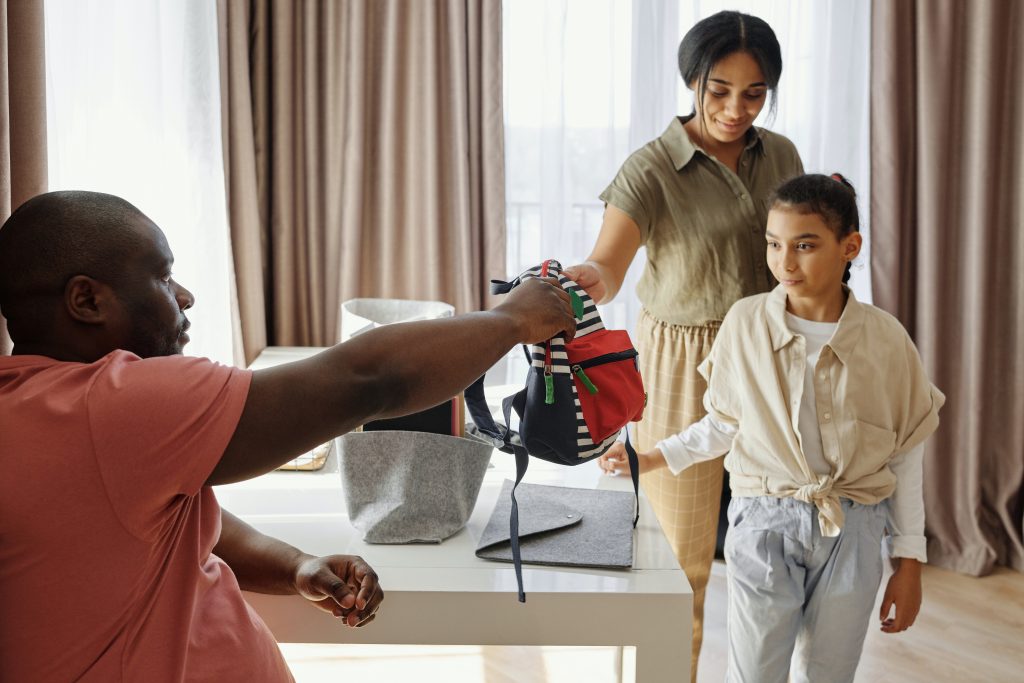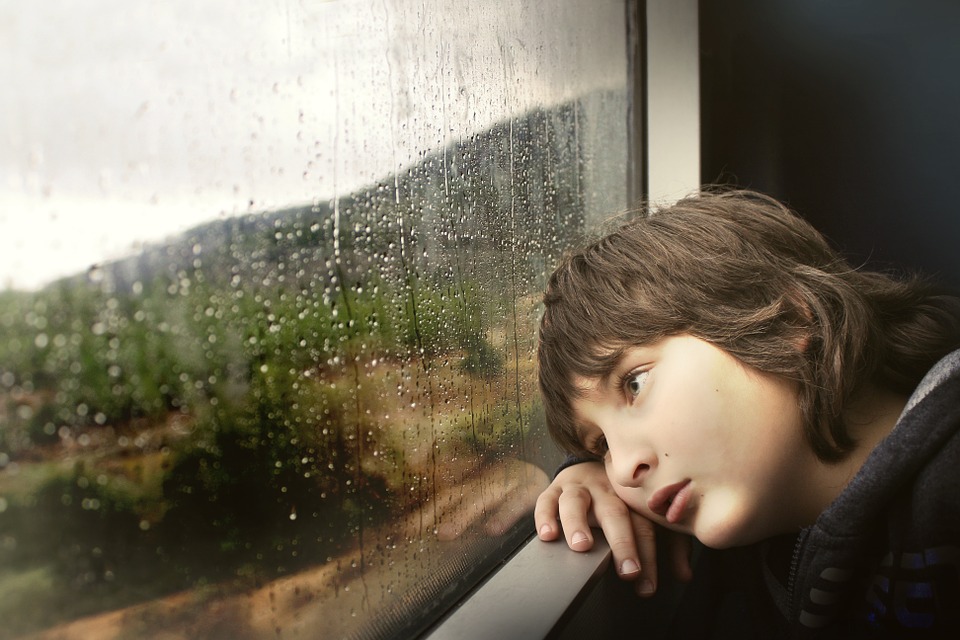Tips For Discussing School Shootings With Children
Many children across the nation our confused and scared following mass school shootings, here is how to help them cope.

After the deadly school shooting in Uvalde, Texas — which killed 19 children and two teachers — many students will fear returning to the classroom. Even homeschooled children have questions and concerns. Everyone does. Because of this, it’s important for parents to share tips on discussing school shootings and allow children to explore the subject with age-appropriate content.
School violence in general is on the rise. While the main focus may be school shootings, physical fights, stabbings, and even teacher abuse are also serious threats which may come into question and lead to numerous conversations. Regardless of where these discussions lead, The National Center for School Crisis and Bereavement has offered some guidelines that offer parents more direction on how to talk about such a serious subject while also promoting healing. When addressing a violent event it is mainly important to offer information relating to the specific incident, and allow children to ask questions and go through the different stages of grief.
Younger children will not need as many details about school shootings as older children. They are likely to be shocked and scared by what they learn. Parents must listen to them and be calm and honest, but also supportive of emotional reactions and answer questions as best they can. Many children will seek blame, and even place it on themselves. They will probably be upset, and some may have angry outbursts. This is part of the process and should be handled with patience. Once anger does nothing to remedy the situation, children are subject to feelings of hopelessness and depression. All of these reactions are healthy and normal, and all of them eventually lead to acceptance.
The American School Counselor Association (ASCA) is another organization which also lists ways for parents to help their children come to terms with school shootings. Although schools are mainly safe places, there is a risk of going out in public. Homeschooled students will also benefit from this knowledge because they may see schools as horrific places, and that is not a realistic description. Millions of children go to school each year without witnessing a mass shooting or being harmed, this is a fact that needs to be addressed and celebrated.
In addition, the ASCA recommends sticking to a routine. Giving children the security of continuing life as normal shows them that although bad things happen, life goes on, and plenty of good things still happen as well. It is also a smart idea to limit media exposure. So many news outlets, celebrities, and politicians use school shootings for marketing purposes or to gain support, and that only further exacerbates the situation, especially for students who are learning about the harsher aspects of life.
Parents must also consciously recognize their own grieving process and not hide from their fears and frustrations following school shootings or other tragedies. The best thing they can do is reaffirm their relationships with their children. Families do better when they work through their pain together.

These tips and suggestions are helpful for any tragedy, but are best suited to address the recent school shooting. Other school violence and/or trauma can be handled the same way, but what has proven to offer consistent help with the coping process is proper communication and support. Some children may not wish to talk but that does not mean they don’t need someone to just be there for them. Parents are the first responders to a child’s needs. It’s important to be attentive, caring, and reassuring in order to help them grieve and move on.







